Over the past year, much has been written about the “Great Resignation” based on the record-breaking numbers of employees quitting companies. Over 24 million employees quit their jobs between April and September 2021, and the trend has continued throughout 2022 with 8.6 million resigning in the first quarter alone. This trend has been as profound as it is puzzling. Why are so many people leaving their current employer? And why are so many of those leaving for “greener grass” regretting the move?
To better understand and help leaders respond to these trends, Refelio Labs analyzed 34 million online profiles to identify U.S. workers who left their jobs for any reason during 2021 and published their results in a powerful MIT Sloan study. They were also able to determine the average attrition rate (employees leaving companies for any reason, including resignation or termination) by industry, during this same time period. The #1 indicator of people’s intention to leave a company was an unhealthy work culture, which is the strongest predictor of turnover.
To further complicate the crisis, many employees who quit recently are now experiencing the “Great Regret.” Many of the workers who migrated to other companies quickly came to realize they were simply joining another unhealthy culture. Through various studies, employees have reported that they miss their previous teams where they enjoyed social interaction with friends and colleagues. The MIT Sloan study supports this and recommends four short-term steps for companies to increase retention, including company-sponsored social events, lateral career opportunities, remote work arrangements, and offering predictable schedules.
But solving the retention issue isn’t a quick fix. If people are leaving “toxic” cultures, according to the MIT Sloan report, then changing the way you engage that culture isn’t something you can just throw money at to resolve the issue. Although much of the media around the Great Resignation indicated compensation was a primary reason, the data from the MIT Sloan study shows that this is only the 16th ranked reason why people quit.
When it comes to avoiding employees quitting (including if they quit and stay) your organization needs an empirically researched, proven strategy that provides a lasting framework to avoid this threat. You can’t afford to guess at what solutions will address these issues. Research clearly demonstrates that meeting the psychological needs of employees is the most critical factor on attracting, engaging, and retaining employees.
Optimal Motivation (OM) is what best-selling author Susan Fowler describes in her recent books Master Your Motivation and Why Motivating People Doesn’t Work and What Does. OM is based on the three psychological needs every employee has to thrive at work: the need for Choice, Connection, and Competence.
At Inspire, we’ve built motivation conversations into the regular performance practices that assess and respond to an individual employee’s psychological needs. Through regular check-ins on critical performance goals that are aligned with the overall strategy of your organization, individuals go beyond simply updating progress on work related tasks by having conversations that really matter most to them. Individuals can assess their motivational outlooks and needs related to the goals they are pursuing. In turn, managers and team leaders can respond to an individual’s motivational outlooks by having powerful conversations about their ability to choose the work they are doing and how to go about that work using their skills.
They also have engaging conversations about how connected they feel to the organization, the team, or their manager — and how to grow competence in their roles by developing new skills and knowledge about the work they are doing. To help one of our clients address retention issues through Inspire Software — a platform that engages employees through Continuous Performance, Leadership Development, and Strategic Execution solutions — we analyzed two core industries the client operates in. The first is the Enterprise Software industry, which had an attrition rate of 13% during the height of the Great Resignation (April through September of 2021). The second is the U.S. Defense Contractor industry, which had an attrition rate of 9%.
The goal of our research was to investigate and analyze best practices in human management to address these issues, and how to use our software solutions to help them engage their employees in an effort to retain them while successfully executing business strategy.
The attrition rate of the client we worked with already had good retention numbers, but we inspired them to be proactive in avoiding the collateral damage caused by employees leaving, or employees who have transitioned into their company during this reshuffle of work. During the height of the Great Resignation, the attrition rate of this company was 5.3%, which is well below the industry average in both markets they work in. However, during the first two quarters of 2022, their attrition rate has dropped even further to 5.0% — the best in the 25-year history of the company. This intense focus on the retention of talent has saved the company millions by avoiding turnover--in a time when turnover is a major business issue.
Through Inspire, we are able to help our clients improve attrition numbers by building and sustaining a strong culture through these deeper, more engaging performance conversations that most performance software solutions don’t support.
Our intent for clients using Inspire Software is to address each of these specific components, which are consistent with using the skills of Optimal Motivation to continually nurture your employees’ three psychological needs — Choice, Connection, and Competence. We believe that this approach helps leaders and individual employees minimize the “Great Regret” and help companies thrive in the coming months during these turbulent times.
For more detailed information on how we address the Great Resignation and the Great Regret, check out our recent webinar for Human Capital Institute.

